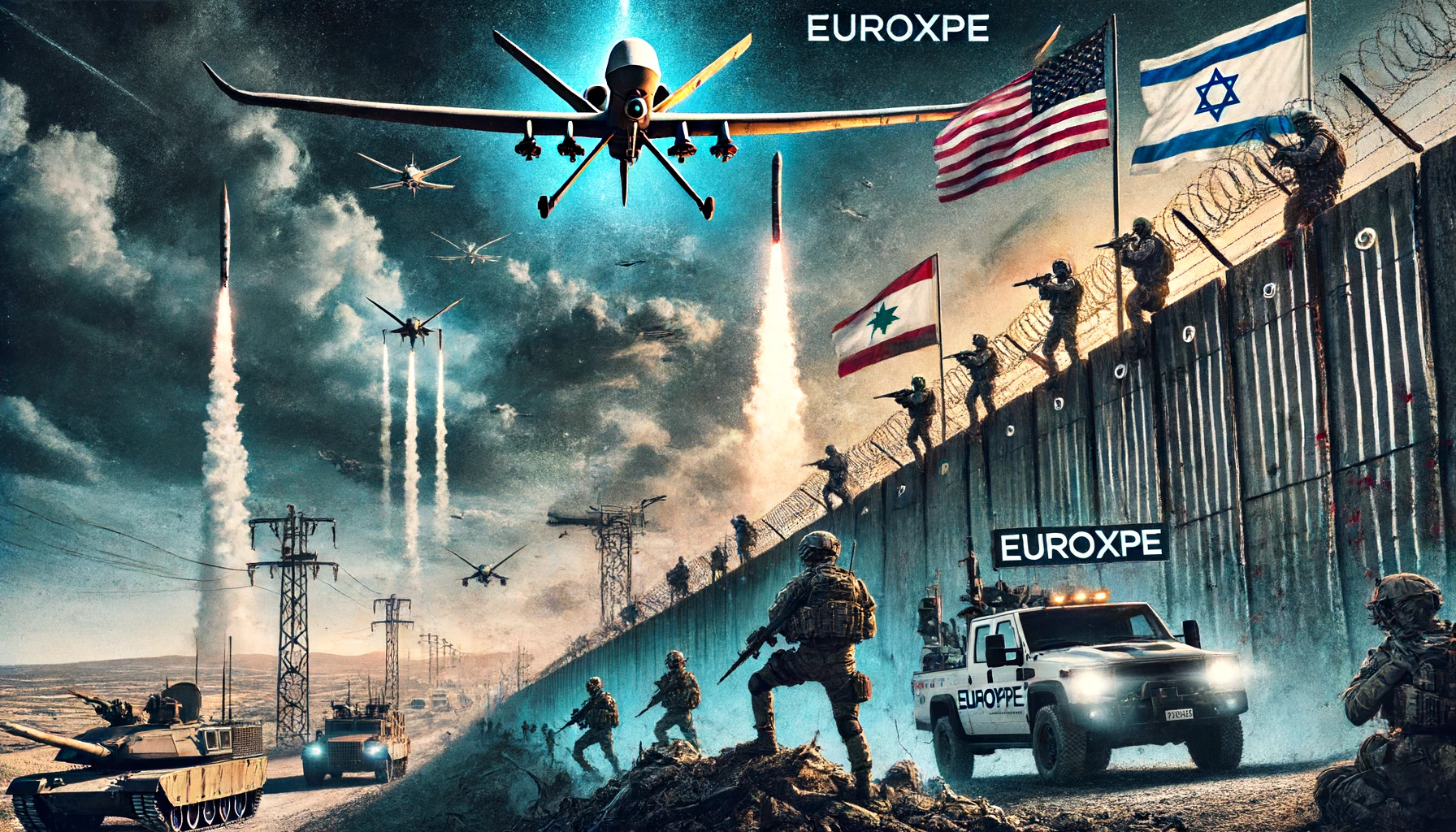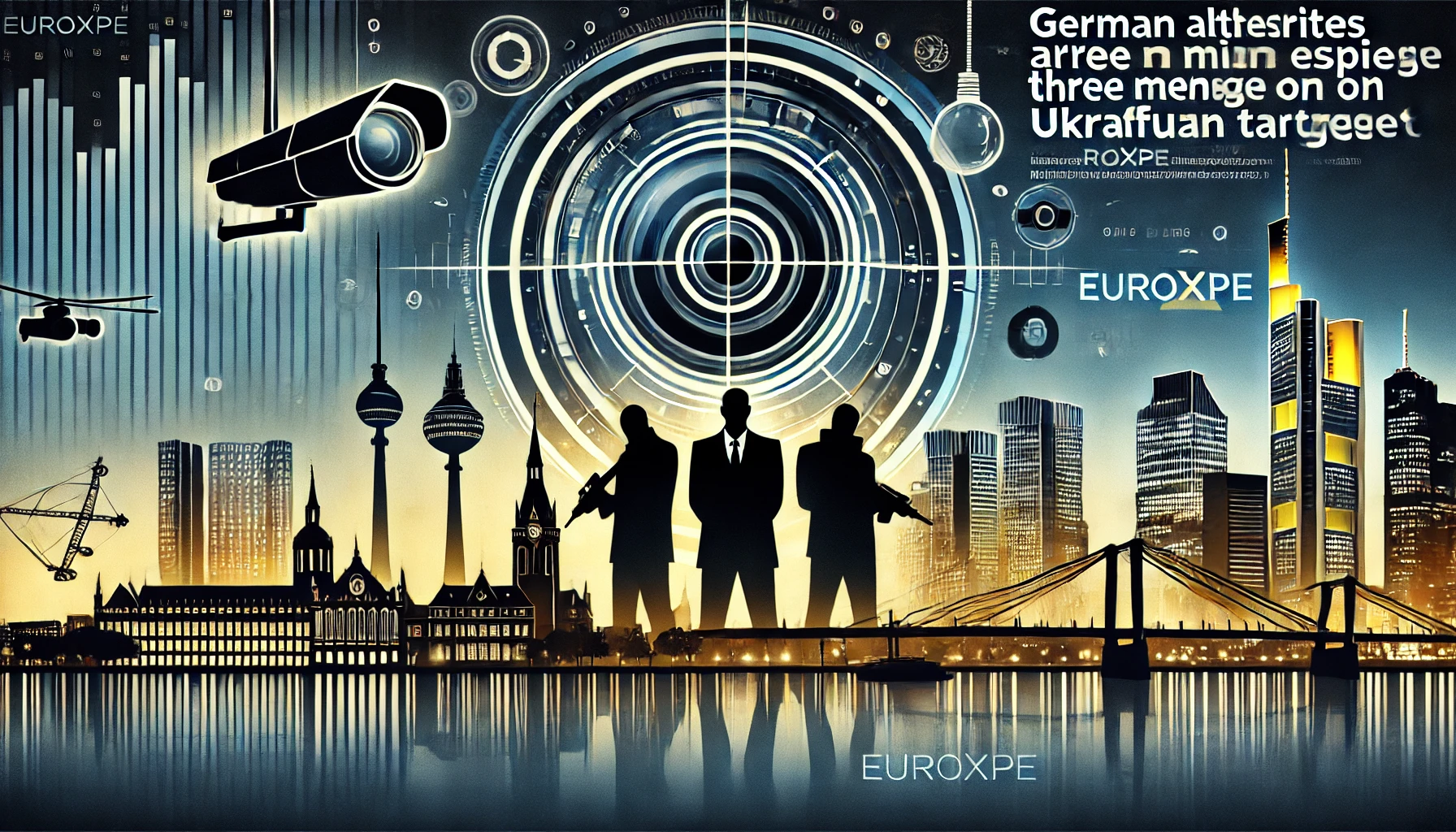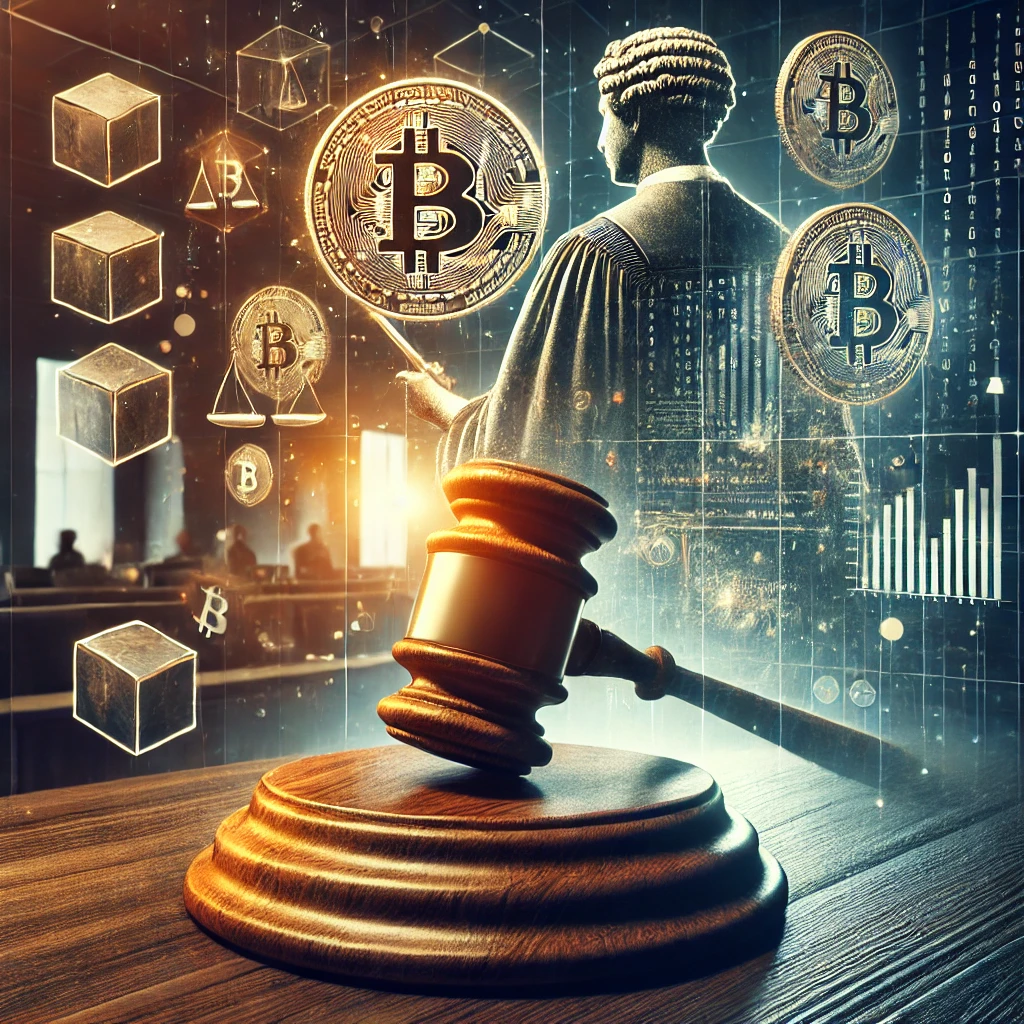Elon Musk, the CEO of Tesla and SpaceX, has sparked significant controversy with his repeated predictions of a looming civil war in Europe. These predictions, often linked to the ongoing immigration crisis, have ignited fierce debates across the continent, raising concerns about the influence and responsibility of public figures in shaping discourse on sensitive issues.
Over the past year, Musk has used his social media platform X (formerly known as Twitter) to share his thoughts on Europe’s future. According to reports, he has made at least eight posts suggesting that Europe is on the brink of a civil war due to the massive influx of refugees from other regions. These comments have not only drawn attention from his vast audience but also provoked strong reactions from both supporters and critics.
Musk’s most recent remarks came after a series of anti-immigration street riots in the United Kingdom, where he declared that a “civil war is inevitable.” This statement, viewed by over 9.8 million people, sparked immediate backlash, particularly from the office of British Prime Minister Keir Starmer. Starmer’s administration dismissed Musk’s prediction as baseless, questioning the rationale behind such a stark warning from a corporate leader.
Musk’s rhetoric, while unusual for someone in his position, has been compared to the language used by far-right activists. Jon Lewis, a research fellow at George Washington University’s Program on Extremism, likened Musk’s posts to a “white supremacist clarion call.” Lewis pointed out that the language used by Musk closely mirrors that of extremist groups, blurring the lines between legitimate concerns and dangerous incitement.
According to Lewis, “What you’re seeing in these calls for civil war is a white supremacist clarion call. It is a dog whistle. Rhetorically, there is very little difference, and at this point, it’s barely coded language. It’s everything but explicit incitement.” He further warned that such rhetoric could inspire acts of violence, as Musk’s words might resonate with those already inclined towards extremist views.
Musk’s predictions and their subsequent fallout have highlighted the broader debate about the role and responsibility of influential figures in public discourse. As a leading figure in the tech industry with millions of followers, Musk’s words carry significant weight. His comments on civil war, whether intended as a warning or not, have the potential to influence public opinion and even incite unrest.
Critics argue that Musk, with his vast reach and influence, should be more cautious in his statements, particularly on such sensitive topics. They contend that his warnings could contribute to a climate of fear and division, especially at a time when Europe is grappling with complex immigration issues and the rise of far-right movements.
Despite the controversy, Musk has not directly addressed the criticism of his civil war predictions. His posts continue to receive a mixed response, with some defending his right to express concerns about Europe’s future, while others accuse him of fear-mongering. Notably, some prominent figures have supported Musk’s views, adding fuel to the already intense debate.
The ongoing discussion around Musk’s comments underscores the deeply polarising nature of the immigration debate in Europe. It also raises critical questions about the influence of powerful individuals in shaping public narratives, especially when those narratives touch on issues of national security and social cohesion.
Musk’s civil war predictions, though controversial, reflect broader anxieties about the future of Europe. The continent has been facing significant challenges related to immigration, economic disparity, and political fragmentation, all of which contribute to social tensions. While Musk’s warnings may seem alarmist to some, they resonate with those who view the current situation as unsustainable.
As Europe continues to navigate these complex challenges, the role of influential voices like Musk’s in framing the conversation cannot be ignored. Whether his predictions will prove accurate or not, the debate they have sparked serves as a reminder of the delicate balance between free speech and responsible discourse in a time of heightened tension.






